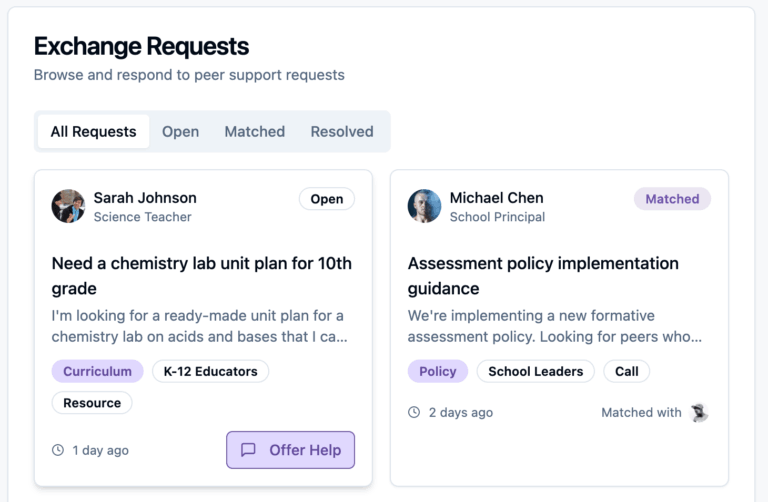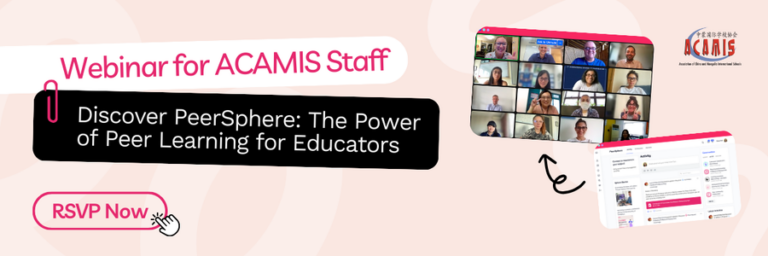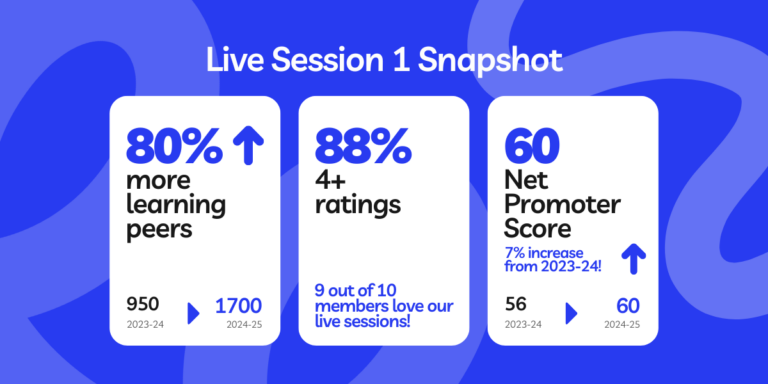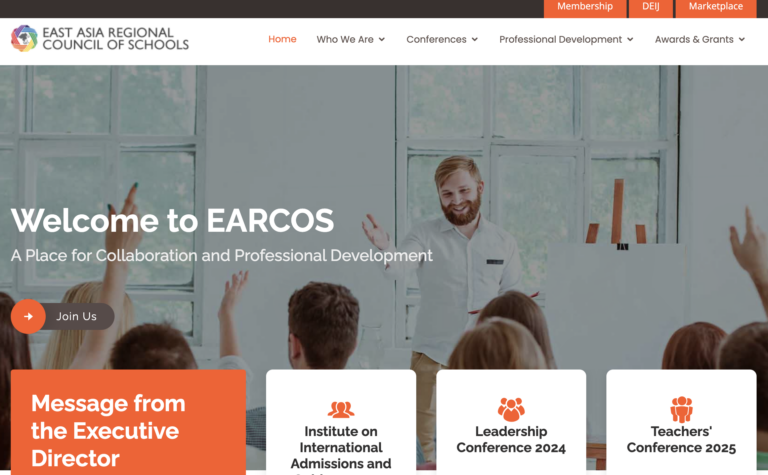Photo by Dylan Ferreira on Unsplash
By LeeAnne Lavender, PeerSphere Storyteller
Teachers and educational leaders want to use their professional learning funds wisely and well, and it can be tricky to know what choices to make. Should you attend a face-to-face conference, take an online course, or join a peer learning network?
If your budget allows, it can be fabulous to take advantage of multiple types of professional learning, and each one will have strengths and weaknesses concerning your professional learning goals.
Traditionally, conferences and workshops have served as the primary means to enhance skills and knowledge for educators. However, a paradigm shift is underway that advocates for peer learning networks as a more effective and sustainable approach to professional growth. Let’s explore why peer-to-peer learning networks are gaining momentum and how they might outshine conventional conferences in delivering tangible outcomes.
Fostering Collaborative Learning Communities
Peer learning networks cultivate collaborative environments where educators engage in the meaningful exchanges of ideas, experiences, and best practices. Unlike conferences, which often feature one-way dissemination of information, peer learning networks encourage active participation and mutual support among participants.
I have seen this firsthand in my Global Citizenship and Service Learning PLC. The collaboration and support among our community members is fabulous and everyone is quick to share ideas and resources. Kristy Goodman (the IB Coordinator at Changchun International School in China) is part of the 2023/24 community and she is a champion for the collaborative learning that happens in the PLC. You can read more about Kristy’s PeerSphere experiences here.
Tailored and Relevant Learning Experiences
In contrast to generic conference agendas, peer learning networks offer personalized and contextually relevant learning experiences. Educators can address specific challenges they face in their classrooms and schools, seeking advice and insights from peers who have navigated similar situations. This targeted approach ensures that professional development efforts directly align with educators’ needs, leading to more meaningful learning outcomes.
For instance, after a PLC online session this year, Kristy was impacted by a conversation she had with a service learning coordinator in Shanghai, Haakon Gould. The conversation was timely and impacted Kristy’s thinking about an issue she was grappling with at that time.
“Talking with Haakon in a breakout room in our last session, I mentioned that I missed living in Shanghai and having more access to English resources, but he explained how they root their service program in the SCIS school context first, before building out into the broader community. That has shifted how I’m thinking about what we can do here at CAIS,” Kristy explains.
Continuous and On-Demand Learning Opportunities
Peer learning networks transcend the limitations of time and space associated with traditional conferences. Through online platforms and digital communities, educators can engage in continuous learning at their convenience. This flexibility enables professionals to access resources, participate in discussions, and collaborate with peers beyond the constraints of scheduled events. Consequently, educators can stay abreast of emerging trends and innovations in education, fostering a culture of lifelong learning.
Building Sustainable Professional Communities
Perhaps the most compelling advantage of peer learning networks is their capacity to cultivate sustainable professional communities. Unlike conferences, which can be fleeting events, peer networks foster enduring connections and relationships among educators. These communities serve as sources of ongoing support, inspiration, and collaboration, extending far beyond the confines of formal professional development activities. By nurturing these communities, educators can collectively address challenges, celebrate successes, and drive positive change in education.
While conferences undoubtedly have their merits, peer learning networks offer a compelling alternative for educators seeking to enhance their practice.















